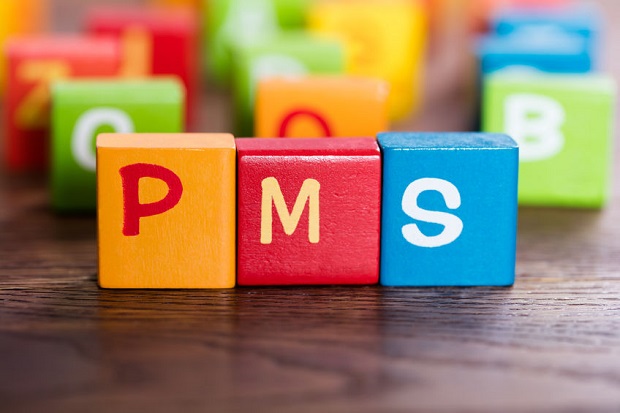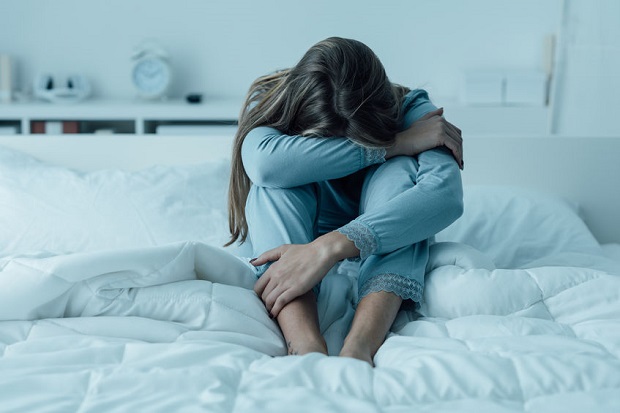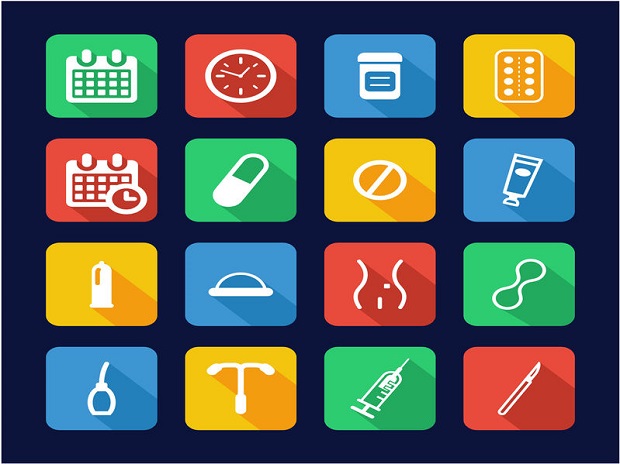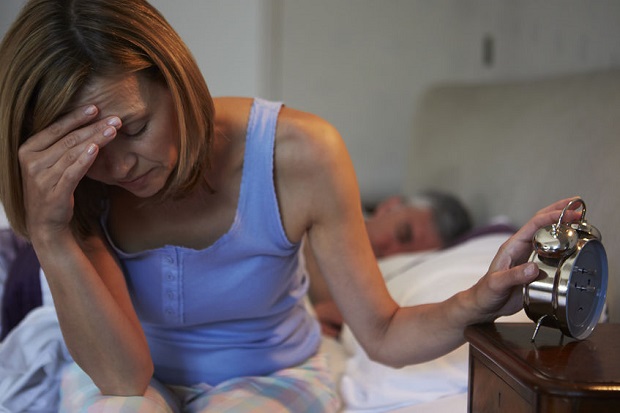How Long Does PMS Last?
Premenstrual syndrome (PMS) is characterized by several symptoms related to a woman’s menstrual cycle. They occur a week or two before monthly menstruation begins, and ordinarily, they disappear once menstruation begins.
PMS affects women at various ages, and for every woman, the consequences are different. For some, PMS is just an inconvenience, and for others, the symptoms are so severe that they can barely function. The symptoms vanish during pregnancy and when a woman goes through menopause.
Alterations in the brain’s hormone levels may cause PMS, but this has not yet been determined. It is also possible that women who have this problem react differently to those hormones, and the condition may be caused by biological, psychological, and cultural factors as well.
Number of Women with PMS
PMS affects approximately 75% of women who are of childbearing age, and it occurs more frequently in those who:
- Are in their late twenties to early forties
- Have one or more children
- Have depression as part of their individual or family history
- Have a history of affective mood disorder or post-partum depression
Note also that the systems usually become more severe when a woman is in her late thirties and forties and is approaching menopause.
While the list of PMS signs and symptoms is extensive, most women with this condition only experience a few of them. For those who are less fortunate, their emotional stress and physical pain are so severe that they have an impact on their daily activities and routines. For most women, these negative factors are gone once their menstrual period begins.
A few women with PMS experience disabling symptoms every month, and this condition has a unique psychiatric designation: premenstrual dysphoric disorder (PMDD). It is characterized by feelings of hopelessness, severe depression, anxiety, anger, difficulty concentrating, tension, irritability, and low self-esteem. Some women with PMDD may have an underlying psychiatric problem that requires treatment.
Resources
- Womenshealth.gov – “Premenstrual Syndrome << Frequently Asked Questions.“
- National Library of Medicine – National Institutes of Health – MedlinePlus Medical Encyclopedia -“Premenstrual Syndrome.“
- MayoClinic.com – “Premenstrual syndrome (PMS): Symptoms.“
DISCLAIMER: THIS WEBSITE DOES NOT PROVIDE MEDICAL ADVICE
The information, including but not limited to text, graphics, images, and other material on this website, is for informational purposes only. No material on this site is intended to be a substitute for professional medical advice, diagnosis, or treatment. Always seek the advice of your physician or other qualified healthcare providers with any questions you may have regarding a medical condition or treatment before undertaking a new healthcare regimen, and never disregard professional medical advice or delay in seeking it because of something you have read on this or any other website.






